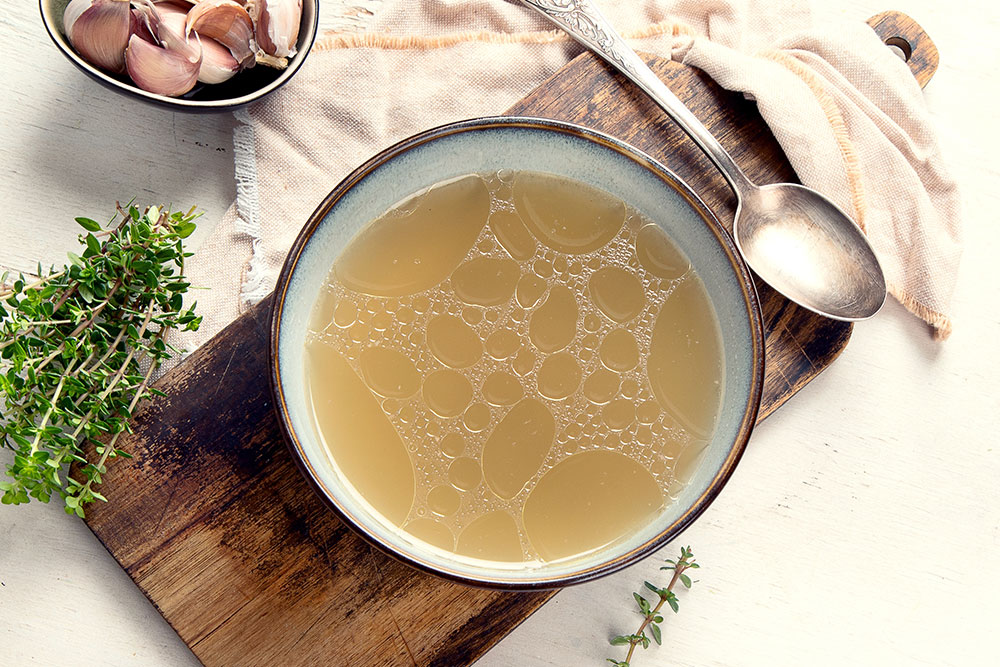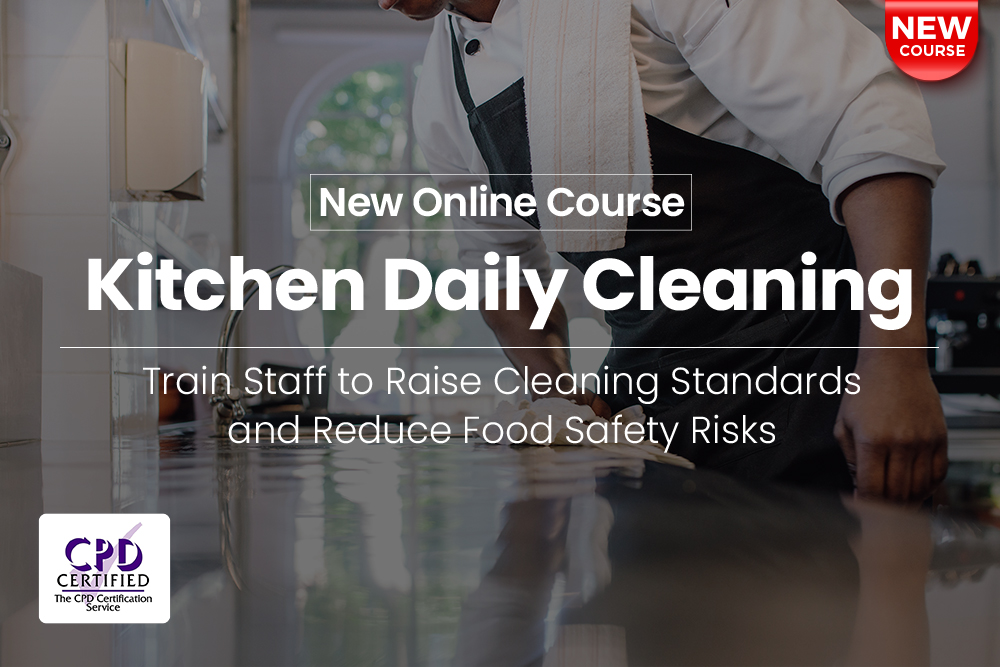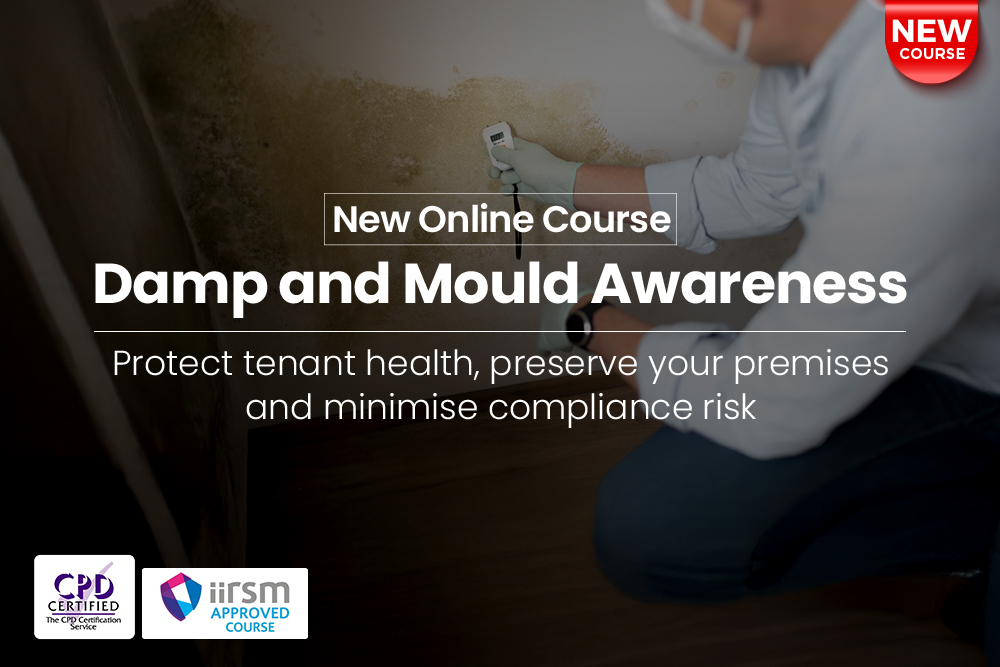
The unpleasant effects of food poisoning aren’t anything you’d want to put up with for any longer than necessary. But just how long does it last? A day? A week? Longer? What is the exact timeline for food poisoning?
When you’ve got a churning belly, cramps and generally feel awful, you want it to be over as soon as possible. But it’s not a straightforward business to estimate how long you might have to suffer from food poisoning. There are more than a few factors to consider.
If you’ve ever wondered how long does food poisoning last, then keep reading. Whether it was a suspect takeaway or an undercooked piece of chicken that laid you low, the following info will help you gauge how long your bout of food poisoning might last.
What Is Food Poisoning?
We’ve all had the experience of happily tucking into a piece of food that eventually made us ill. Food poisoning is an incredibly unpleasant and yet widespread experience. You could be munching on a late-night kebab or elegantly dining on a shellfish dish in an expensive restaurant. Food poisoning is an ever-present risk regardless of where you are or what you’re eating.
There are over 2.4 million incidents of food poisoning in the UK every year, according to the Food Standards Agency (FSA). The number of people hospitalised due to food poisoning reached record highs in 2022/23. It’s been estimated that cases of food poisoning cost the UK economy £9 billion every year. That’s a lot of upset tummies. But what is causing all these belly aches?
Food poisoning occurs when we eat something contaminated by pathogens like bacteria, parasites, or viruses. These pathogens multiply in our bodies and cause us to feel horrible. The most common bacterial causes of food poisoning are salmonella, Escherichia coli (E. coli), and listeria.
Causes of Food Poisoning
Food poisoning is usually caused by:
- Undercooked food
- Raw food
- Spoiled food
- Food that has been cross-contaminated
- Contaminated water
- Contaminated food preparation surfaces
- Food that has been improperly stored
- Food that has not thawed completely
- Unsanitary food handling processes
Signs and Symptoms of Food Poisoning
The signs of food poisoning can be severe. If you have the following symptoms, then it’s likely you’ve got a case of food poisoning:
- Nausea
- Diarrhoea
- Intense stomach cramps
- Loss of appetite
- A temperature of more than 38 C
- Chills
- Sweating
- Aches
- Headaches
In severe cases, you might experience:
- Dehydration
- Itching
- Skin rashes
- Blurry vision
- Double vision
- Loose stools with blood or mucus
Someone could die from food poisoning.
How Long Does It Take for the Symptoms to Start?
It usually takes 30 minutes to 24 hours after ingesting contaminated food before the symptoms begin. But it can take even longer. Certain infections, like Hepatitis A, don’t become apparent until up to two weeks or over a month. This varying incubation period can make it quite challenging to pinpoint the exact meal that made you ill.
How Long Does Food Poisoning Last?
The timeline for food poisoning varies depending on the type of pathogens you’ve ingested and how rapidly they’ve multiplied.
How fit you are, your age and if you’ve got any existing medical conditions will also factor into how long a case of food poisoning will last. So, even if a group of people all eat the same contaminated meal, the severity and duration of illness will vary from person to person. So, how long does food poisoning last?
The good news is that in most cases, the symptoms will last for 12 to 48 hours. The bad news is that if you’ve got a particularly bad dose of pathogens, the timeline can stretch to a week or even up to 14 days.
What to Do If You Have Food Poisoning
Dehydration is the biggest concern when you are poisoned by food. Diarrhoea and vomiting can drain your body of fluids, so it’s essential to drink a lot. And not just water. You should drink sports drinks, simple, clear broths, juice, or ginger ale. These drinks won’t only pass through you but also help replenish your body’s salt, sugar, and electrolytes. Take small sips and don’t force yourself to drink large amounts simultaneously. Avoid any carbonated drinks, alcoholic beverages, caffeine, or dairy products.

If you can, try to eat something. Small servings of bland foods are best. Stay far away from greasy foods, spicy foods, or fried food. Toast, crackers, applesauce, bananas, cereal, or rice are the best types of food to eat if you’ve got food poisoning.
Get plenty of rest to help your body fight off the pathogens. Hopefully, you’ll be completely over the worst of your symptoms in a day or two.
When to Seek Medical Treatment
Seek medical treatment if:
- Your symptoms are severe
- Your symptoms don’t improve after a few days
- You have signs of dehydration – rapid heartbeat, confusion, not passing urine, sunken eyes
- You are pregnant
- You have an immune deficiency
- You are over 60 years of age
- You have a long-term health condition
How to Prevent Food Poisoning
The best way to prevent food poisoning is by practising good food handling techniques and being aware of the basics of food safety.
Always clean your hands thoroughly before preparing food and ensure that the utensils and the surfaces you work on are clean. Keep uncooked meat, seafood, eggs, and poultry separate and use separate cutting boards and knives. Keep your food refrigerated until ready to prepare and ensure it’s not undercooked. Don’t cook food that has been thawed and refrozen. Also, make sure your food has been thawed properly.
Anyone who works in the hospitality industry must have a good understanding of how to store, prepare, cook, and serve food safely.
Taking one of our Food Hygiene Courses will teach you and your staff food safety essentials.
Our food safety training can be done online whenever you like. The courses cover maintaining hygiene standards and explain the relevant food safety regulations. Completing these courses will ensure your business meets its legal obligations and your customers never become ill from your food.
























































































































































































































































































































































































































































































































































































































































































































































